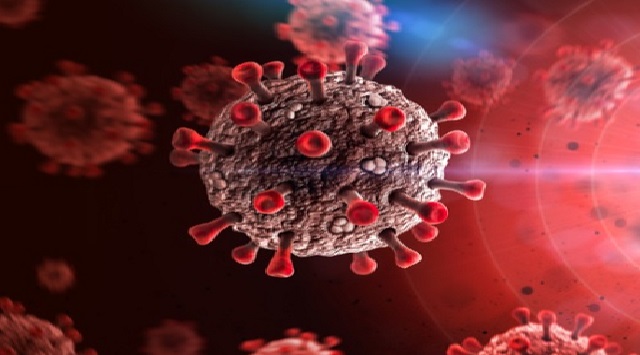Long Covid is here to stay: How does it express itself? And are we safe?
People who continue to experience signs, symptoms, and other health difficulties are referred to as having ‘Long Covid’.
New Delhi: After the acute phase of a Covid-19 infection has ended, people who continue to experience signs, symptoms, and other health difficulties are referred to as having ‘Long Covid’.
The medical term for this is post-acute sequelae of SARS-CoV-2 infection (PASC). While most people recover within weeks, a small percentage of persons, known as ‘long-haulers’, endure new or persistent symptoms after contracting Covid-19.
These persistent symptoms can include joint pain, exhaustion, chest pain, difficulties concentrating (often called ‘brain fog’), weariness, and shortness of breath.
Research is being done to investigate the underlying causes and possible treatments for extended Covid. Its specific cause is currently not fully known. However, those with comorbidities and weakened immune systems from prior illnesses are more likely to experience it.
A wide range of symptoms, lasting weeks, months, or even years after infection, are common in these cases. The symptoms may occasionally go away and then reappear.
Long-term Covid can cause a variety of general symptoms, such as altered lung function that results in dyspnoea, heart attack propensity due to cardiac disease, headaches from neurological disorders, symptoms related to the digestive system, such as indigestion and diarrhoea, joint or muscle aches, or changes in the menstrual cycle.
A multimodal strategy is frequently necessary to manage long-term Covid, including self-control, medical attention, better ventilation, rehabilitation, and mental health assistance.
Fighting new infectious illnesses successfully requires four fundamental components.
The first is preventive – in order to prevent potentially harmful new infections from emerging. The second is containment, which aims to stop the spread of the disease from susceptible to infected people; the third is health services or medical needs; and the fourth is global innovation, which aims to create, produce, and distribute new medications and vaccines in a fair and effective manner.
Are we secure? YES and NO.
In order to stay uninfected, we must practice self-discipline, seek medical assistance, improve ventilation, wear masks, and avoid other illnesses that could weaken our immunity. In addition, isolation of the ill, receiving medical attention, immunizations, and booster shots are also crucial. Since winter is the time when the virus spreads most readily, taking these precautions is even more important.
A ‘tripledemic’ has been predicted in recent years due to the expectation of three viruses — SARS-CoV-2, influenza, and RSV — occurring at around the same time.
We must realise that when an epidemic breaks out, time is of prime importance. The exponential rise of new infections in the early phases of mass transmission is a fundamental feature of emerging infectious illnesses like Covid. Artificial intelligence methods to combat Covid-19 may be available in the future, although it is too soon to say how effective they will be.
Positive support is needed from the government to ensure hospital facilities including adequate stock of medicines, oxygen cylinders, concentrators, ventilators, and vaccines.
Strengthening of the surveillance system for sequencing of new variants is also imperative, along with ensuring that there are sufficient doses of vaccines, boosters and crucial medicines at all times.
We don’t need to panic with the onset of new Covid variants. However, it is a good practice to implement precautions in order to remain healthy.
(Professor Deepak Sehgal is a virologist at the Department of Life Sciences at Shiv Nadar University, Delhi-NCR)




 Ms Kalinga
Ms Kalinga